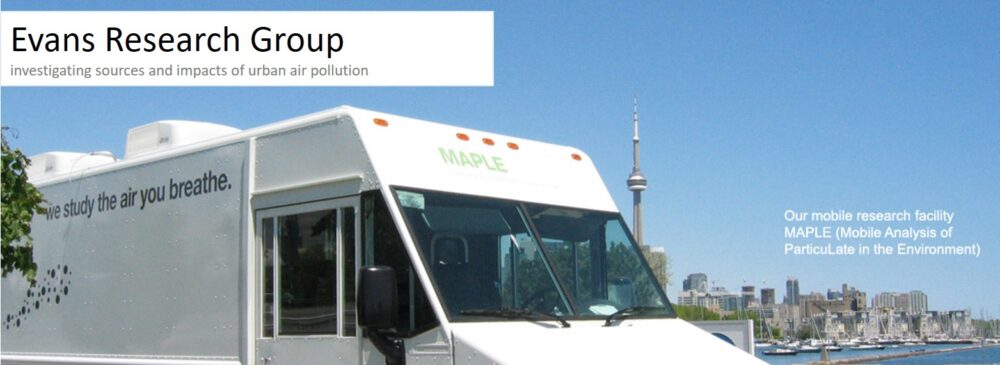
Source: CBS
Mercury is a toxic pollutant that poses risks to both human health and the ecosystem when emitted into the air and water. Public policies and treaties have been established in attempt to address these impacts. In the 1990s, Canadian policies targeting emissions from the metal production industry resulted in a reduction in mercury emissions. Recently, the United Nation’s Minamata Convention that was adopted in 2013 is expected to have shifts in the mercury emissions on a global scale.
At the SOCAAR Seminar held on November 2, 2016, Amanda Giang, a PhD Candidate in the Institute for Data, Systems and Society at the Massachusetts Institute of Technology (MIT) spoke about some potential impacts of global and regional mercury policies on the exposure for populations in the United States.
Giang and her colleagues developed an integrated assessment approach to trace from the emissions of mercury to the impacts of an established policy. In evaluating the regulatory impact, it was observed there were health and economic benefits associated with a reduction in mercury exposure with reductions in fatal heart attacks and with intelligence quotient (IQ) gains. Giang also highlighted the importance of domestic policies. In particular, populations that consume locally caught freshwater fish from the United States benefited more from US rather than global action on mercury emission reductions.
However, policy design and evaluation need to account for the uncertainty and variability in social, technological, and natural systems. Giang believes that future research needs to investigate adaptive approaches to monitoring, assessment and management. Specifically, quantifying uncertainties or developing approaches for collecting data that include uncertainties while adopting policy changes. Another important area will be evaluating a policy for co-benefits and trade-offs.
